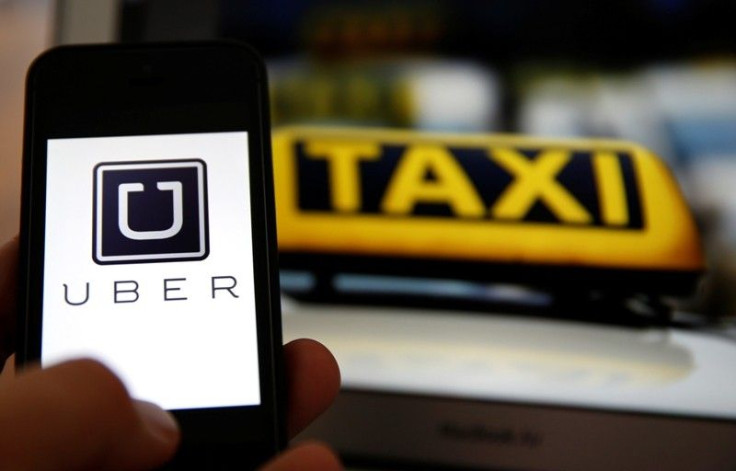Uber plans to penetrate into 100 Chinese cities

Doubling the earlier set target, ride-hailing taxi service Uber aims to expand into 100 additional Chinese cities in the next 12 months. Last week, the company already revealed that it is preparing for an all-out push into the country.
Travis Kalanick, Chief Executive and founder of Uber Technologies Inc., announced the expansion plans at an event in Beijing held by Uber investor Baidu Inc, reports Reuters. Currently, Uber is operational in 20 Chinese cities.
“Progress is something we see the government be incredibly open to, whether it be about more jobs and less pollution, less congestion on the streets, better utilization of infrastructure, that kind of progress always has to be in harmony with stability and that is one of the big things that we partnered with the government on," said Travis Kalanick at the event.
The company’s China unit had raised US $1.2 billion as in the fundraising round to fuel its growth plans. The expansion plans would put Uber on a direct competition with local rival Didi Kuaidi, which also accumulated US $3 billion from the fundraising program.
Earlier this year, Uber lowered the fares in 48 cities across the U.S. to maintain its position in the market in the chilling winter months. China’s fast growing internet-linked transport market appears to be very rewarding for Uber and thus, the firm is spending a hefty amount to bear with the subsidised fare, intended to capture the market share.
Kalanick mentioned that Uber has come a long way from holding merely a one percent market share at the beginning of 2015, to its current 30 to 40 percent market share. Baidu, China's Internet search leader, invested in Uber China and integrated its service into the mapping function to provide a better user experience in the country, reports The Straits Times .
“We can get introductions to the city governments, the government officials that want to shepherd our kind of innovation and our kind of progress into their cities,” said Kalanick at the event, emphasising on the company’s relationship with Baidu.
Contact the writer at feedback@ibtimes.com.au or let us know what you think below.





















